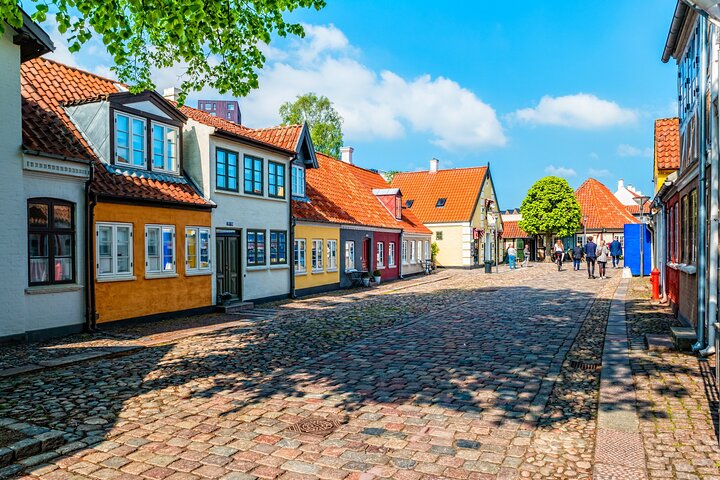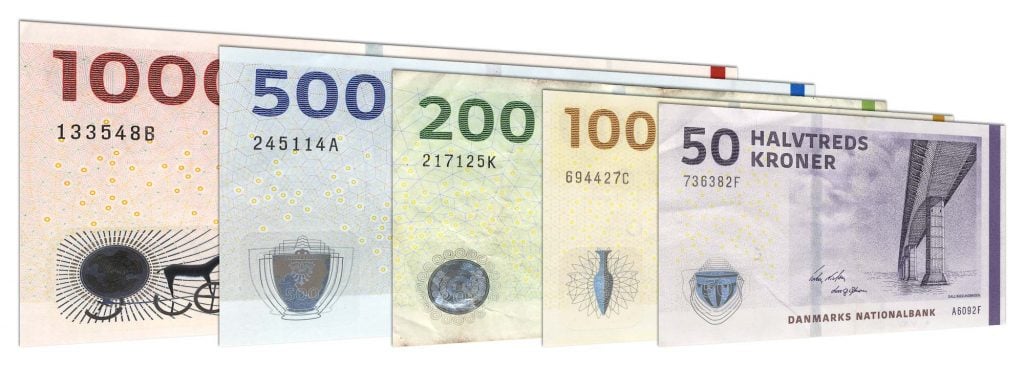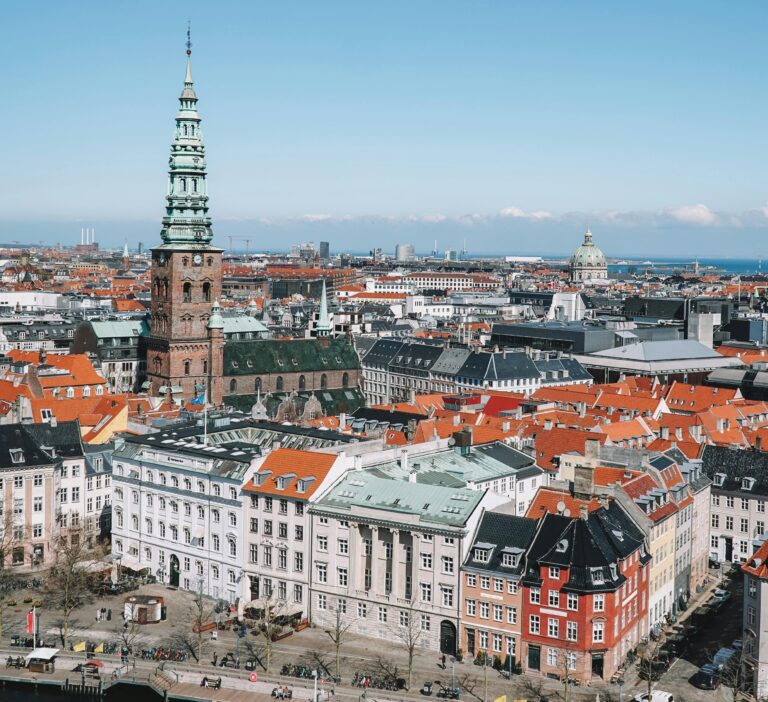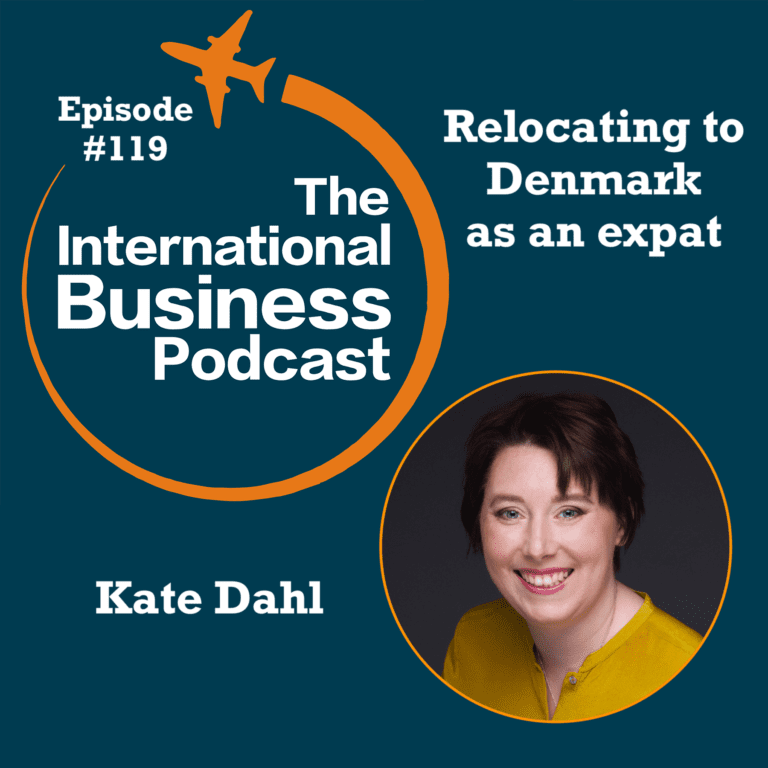Welcome to the charming and serene country of Denmark, known for its high quality of life, robust welfare systems, and vibrant cultural heritage. As an expat, adjusting to a new country involves learning about the cost of living which can vary greatly depending on your lifestyle and the choices you make. In this guide, we’ll explore the various expenses you might encounter living in Denmark including housing, food, and transportation. This will help you budget effectively and settle into your new Danish life with ease.
Overview of Denmark’s Cost of Living
Denmark is often cited as one of the best places to live in the world, thanks to its high quality of life, robust welfare state, and beautiful landscapes. However, this high standard of living comes with a price tag. Known for its comprehensive welfare benefits, Denmark also features relatively high costs for housing, food, and transportation compared to many countries. Understanding these expenses is crucial for expats planning to move or settle in Denmark.
Housing Expenses in Denmark
Housing is typically the largest expense for anyone, and Denmark is no exception. The cost can vary significantly depending on the location, type of accommodation, and size. In major cities like Copenhagen or Aarhus, rent prices are substantially higher than in smaller towns or rural areas. For instance, a one-bedroom apartment in Copenhagen’s city center might cost around 12,000 to 15,000 DKK per month, while in smaller cities or outskirts, the price could drop to about 8,000 DKK.
Buying property in Denmark can also be an expensive affair. The prices per square meter in the city centers can be quite steep, again with Copenhagen leading the charts. It’s important for expats to budget carefully and consider various factors such as proximity to work or schools, as commuting times and costs can add up.
Food Costs in Denmark
Food expenses in Denmark might also come as a surprise to newcomers. Dining out in restaurants can be costly, with a basic meal at an inexpensive restaurant costing about 120-150 DKK. In contrast, a three-course meal for two people at a mid-range restaurant will typically cost around 800 DKK.
Grocery shopping in Denmark offers a bit more flexibility budget-wise, but prices are generally higher than in many other countries due to a strong focus on quality and organic products. Supermarkets like Netto, Føtex, and Bilka provide a wide range of choices from budget to premium products. A weekly grocery bill for one person might range from 300 to 700 DKK, depending on dietary habits and preferences.
Transportation Expenses in Denmark
Denmark is well-known for its efficient and extensive public transportation system, including buses, trains, and metros. A monthly public transportation pass in major cities might cost around 400-600 DKK, which is reasonable given the coverage and frequency of the services. However, purchasing a car is expensive due to high registration taxes; the cost can be about 150% of the car’s price. Additionally, fuel costs in Denmark are relatively high.
Biking is a very popular and cost-effective alternative in Denmark. Most cities are equipped with excellent bike paths, and many Danes prefer cycling over other modes of transportation. Initial costs for buying a bicycle may range from 1000 to 7000 DKK, depending on if you buy an already used or a brand new bike but it eliminates ongoing costs associated with car travel or public transport.

Factors Influencing the Cost of Living in Denmark
Several factors influence the cost of living in Denmark. It’s beneficial for expats to understand these elements to thoroughly prepare and budget for their new life in Denmark.
Average Income Levels
Average income levels in Denmark are relatively high, which correlates with the country’s cost of living. The average annual salary before taxes in Denmark might range from 300,000 to 500,000 DKK, depending on the sector and level of expertise. This high income level helps to balance out the high expenses for housing, food, and transport, allowing inhabitants to maintain a comfortable standard of living. It’s also worth noting that Denmark has a progressive tax system, which means that high earners contribute a larger percentage of their income, supporting the comprehensive welfare state. Learn more from our blog Taxation 101: Demystifying the Danish Tax System.
Currency Exchange Rates
For expats, the local currency’s strength is another critical factor. Denmark uses the Danish Krone (DKK), which often fluctuates against other major currencies, such as the USD or EUR. Stronger currency means that living expenses can be higher for those who earn their income in other currencies. Monitoring exchange rates and possibly exchanging money when rates are favorable can result in significant savings.
Understanding these complex variables can help potential expatriates or global nomads plan effectively, ensuring that they can enjoy everything Denmark has to offer without unwarranted financial stress. From the flat landscapes perfect for cycling to the cozy hygge lifestyle, managing finances wisely will allow you to fully embrace the Danish way of life.

Tips for Saving Money in Denmark
Living in Denmark can be an expensive affair, but there are numerous strategies to cut down on costs without sacrificing the quality of your experience. Whether you’re settling in for the long haul or just passing through, these tips will help you keep your wallet happy.
Shopping at Local Markets
One effective way to reduce food expenses is by shopping at local food markets. It helps to not only support local farmers, but it gives you the opportunity to purchase fresh and seasonal products compared to traditional supermarkets. Here are a few benefits and tips:
– Freshness and Quality: Local markets often provide fresher fruits, vegetables, and meats compared to their chain supermarket counterparts.
– Seasonal Shopping: Prices are lower when fruits and vegetables are in season. Plus, they taste better too!
– Bargaining: Depending on the market, there might be the opportunity to negotiate prices during close to closing time when vendors prefer to sell off remaining rather than take them back.
– Community Connection: Regular visits can lead to friendships and even more discounts as vendors recognize and appreciate loyal customers.
Embracing the market culture not only benefits your budget but also enriches your social life, surrounding you with the local vibe and community spirit of Denmark.
Shopthrifting at Second Hand Stores and Fleamarkets
One great way to save costs in Denmark is to go to fleamarkets and second hand stores. You can find second hand items, such as furniture, clothing and other items you would have never thought you would have found! Also, many second hand stores are non-profit so you not only save money, but also can support a good cause! Here’s how you can make the most of your flea market and second hand visits:
Hunt with Purpose: Before you dive in, have a mental list of what you’re after, whether it’s clothing, decorations, or accessories. This will help narrow down your search and keep you focused.
Negotiate with a Smile: Engage in friendly haggling and you may just snag a bargain.
Timing is Key: Plan your visit for early mornings or late afternoons, and as closing time draws near, that’s when they will be more open to negotiations, and you might snag a sweet deal.
Discounts: At Second Hand stores and fleamarkets, look for those discounted items. You never know when you can grab a great steal.
Using Public Transportation
Denmark boasts an efficient and well-connected public transportation system that includes buses, trains, and metros. Leveraging this system can significantly save on transportation costs, particularly in cities like Copenhagen where commute distances can be substantial. Here’s how you can save:
– Monthly Passes: If you are commuting regularly, consider buying a monthly pass for unlimited travel, which is much cheaper than purchasing individual tickets.
– Mobile Apps: Use apps like Rejsekort to plan your journey and buy tickets easily and affordably throughout Denmark. You can also find local apps like DOT and Midttraffik to plan your journeys in local areas of Denmark.
– Off-Peak Discounts: Traveling during off-peak times can also reduce your expenses, as fares can be lower outside of rush hours.
Opting for public transit not only cuts down costs but also reduces your carbon footprint, contributing to Denmark’s esteemed green initiatives.
Renting a Bicycle
Denmark is incredibly bike-friendly, with dedicated lanes, parking facilities, and a culture that embraces cycling as a primary mode of transport. Renting a bicycle can be an economical and enjoyable way to navigate the city, particularly in urban areas where traffic and parking issues prevail. Consider these points:
– Cost-Effective: Cycling is generally cheaper than public transportation and owning a car. Many shops offer competitive pricing for long-term rentals.
– Health Benefits: It’s a fantastic way to stay fit while saving money.
– Accessibility: Almost every part of a city in Denmark is accessible by bike, making it a convenient option for daily commutes.
– Scenic Routes: Denmark offers some beautiful bike trails, enhancing the experience with picturesque views and tranquil rides.
Whether it’s rushing to a meeting or enjoying a leisurely day out, bicycling provides a flexible, cheap, and healthy alternative to motorized transport.
Implementing these money-saving strategies can make your Danish adventure more financially sustainable and culturally enriching. Choose the ones that best suit your lifestyle and start enjoying the benefits today!
Conclusion
In hindsight, Denmark offers a high standard of living, which corresponds to its relatively high cost of living. While aspects like housing, food, and transportation can be pricey, the quality of life and the services provided can justify these costs for many. Expats considering Denmark as their new home should budget wisely and consider all facets of economic life here, from grocery costs to health care. Mapping out financial expectations will ensure a smoother transition to this beautiful and vibrant country. Embrace the journey with an open mind, and Denmark might just feel like home before long.





